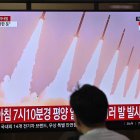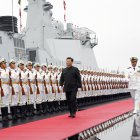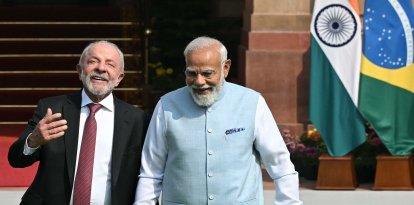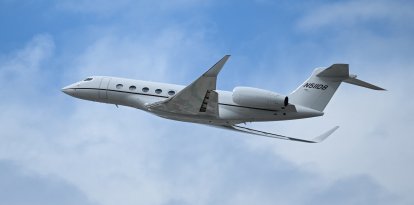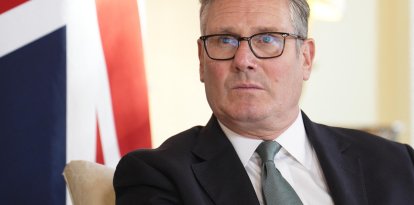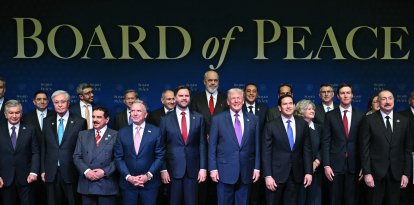Ishiba Shigeru, the new Japanese prime minister who threatens to shake up the alliance with the United States
The experienced Japanese politician promised to strengthen the country's security and seek a more 'balanced' relationship with Washington.
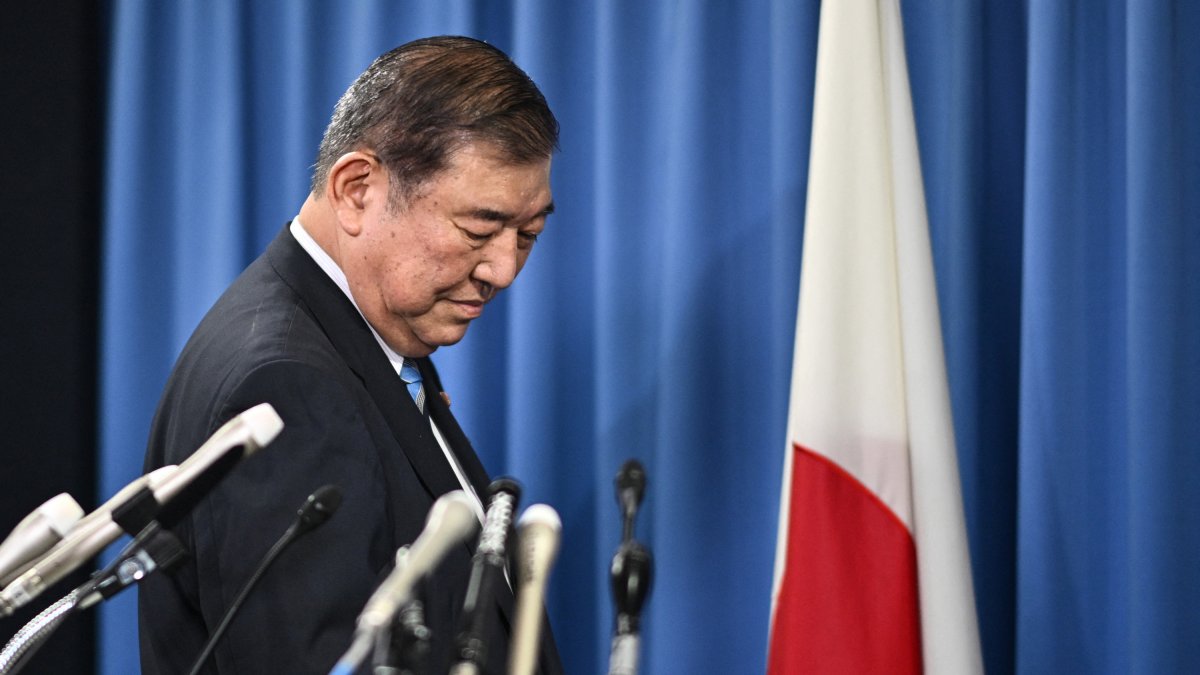
Shigeru Ishiba, Japanese prime minister.
Fifth time was the charm. Veteran politician Shigeru Ishiba, 67, will assume leadership of Japan after winning the Liberal Democratic Party's (LDP) internal elections. However, his long-awaited rise to power, thwarted four times, could be short-lived. On Monday, he announced plans to move up the general elections to October 27.
It is unlikely, however, that Ishiba's term in office will last only a month, given his strong ranking in the national polls and the LDP's near-continuous rule of the country for decades. To explain his unusual decision, he told the press that it was "important for the new government to be judged by the people as soon as possible."
So, who is Ishiba? He is known for his fascination with military models and a self-proclaimed reputation as an otaku (nerd). Ishiba is a Protestant in a country where less than 1% of the population shares the faith. He was born in a rural area and into a political family. His father served as governor of Tottori prefecture and minister of the interior. Ishiba has held prominent positions, including director general of the Japan Defense Agency (2002 - 2004) and defense minister (2007 - 2008).
On the domestic agenda, Ishiba claimed during his campaign that he will focus on strengthening the economy, a major concern among the Japanese population. He plans to boost rural areas. Internationally, he plans to make changes in the Washington-Tokyo alliance.
"A sovereign and independent nation"
"Foreign policy and defense played a large role in the LDP campaign, revealing just how focused Japan’s political leaders are on their security," explained Sheila A. Smith, senior analyst at the Council on Foreign Relations.
One of Ishiba's catch phrases is "Japan is a sovereign and independent nation." He has made it clear that he does not want to break off diplomatic ties with China, nor does he intend to distance himself from the United States. But he has questioned the status quo.
Smith claims that Ishiba, who considers himself more of an enthusiast than an expert of defense matters, has two primary focuses. One is "how Japan should improve its defense readiness" and the second is revising the agreement that governs the presence of U.S. forces in Japan (which hosts the most U.S. military personnel). He believes this pact is overly favorable to the United States.
During the internals, the prime minister also proposed that the country join a collective regional security system. The alliance is known as Asian NATO. He also suggested that it could join ANZUS, formed by the United States, Australia and New Zealand.
Gerry Curtis, a U.S. academic expert on Japan, stressed in a conversation with Politico that he believes the agreement with Washington is "outdated," that it "has an occupation stink to it," which could present complications in the relationship. "It could be a problem for the U.S."
Experts agree that Japan is a signficant ally in the region, especially now that China is becoming increasingly aggressive. This is especially important since North Korea is armed with nuclear arsenals all the while Russia is at war.
The new leader promised to shake up the historic relationship with the United States. According to recent reports, the U.S. security establishment finds this shift suspicious. Ishida, however, claimed that he will not begin discussing these security issues until it is known who will be on the other side of the negotiating table. We have to wait until November to find out.





